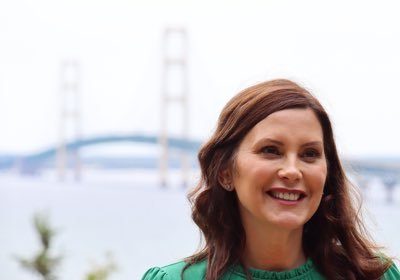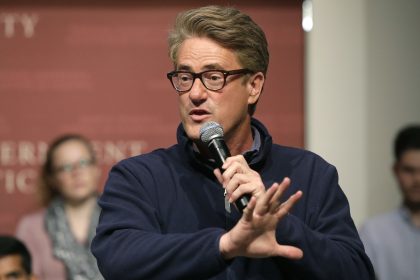Social Media Security Officials Say They’re Ready for 2020 Election

WASHINGTON – Social media security officials acknowledged to Congress Thursday that they face ongoing threats by foreign governments to influence American society despite their best preventive efforts.
They testified to the House Intelligence Committee as it seeks assurances there will be no repeat of the 2016 election in which Russian agents allegedly sought to tip the vote in favor of President Donald Trump.
“I’m afraid a storm is coming and we really need you all to be ready,” Rep. Eric Swalwell, D-Calif., told executives from Facebook, Google and Twitter.
A congressional investigation after the 2016 presidential election showed the Russian government interfered with a goal of hurting the campaign of Democratic candidate Hillary Clinton and increasing political and social discord in the United States.
Investigators described the Russian Internet Research Agency as a troll farm that created thousands of social media accounts portraying themselves as Americans promoting Trump and against Clinton. They reached millions of social media users between 2013 and 2017, often with fabricated articles and disinformation they spread through Facebook, Google and Twitter.
Other countries, particularly China and Iran, apparently took a hint from the Russians by launching their own social media efforts to influence Americans, according to Adam Schiff, D-Calif., chairman of the House Intelligence Committee. Many of them are increasingly sophisticated.
“The question is, will your companies be able to keep up,” Schiff asked. “Americans must decide American elections.”
Nathaniel Gleicher, Facebook’s head of security policy, said his company also has evolved to get better at stopping foreign adversaries who use social media as a propaganda weapon.
“My team was built to find and stop these bad actors,” said Gleicher, who is a former Justice Department prosecutor of cyber-crime.
So far this year, he said the security team at Facebook has shut down 18 coordinated networks intended to influence U.S. elections. Two of them originated in Russia.
“We’re up against determined adversaries,” he said.
One method Facebook and other social media companies use to identify fraudulent accounts, hackers and propagandists is through algorithms that identify suspicious methods.
Gleicher said the social media companies are faced with tough judgments between free speech and censorship.
The algorithms are increasingly designed to limit Facebook messages to family and friends of its users.
Facebook wants to make sure its users “have the type of conversations they want to have,” without unwanted influence, he said.
Other recent security measures have included putting “state controlled” labels on Facebook postings by media outlets overseen by their governments. The labels are attached to messages from Russia Today, Russia’s Sputnik News, China’s People’s Daily, China Xinhua News and Iran’s Press TV among others.
Facebook and Instagram also unveiled a new feature in recent days that allows users turn off political ads in their feeds. The blocking feature is being used mostly on ads from political action committees.
“For those of you who’ve already made up your minds and just want the election to be over, we hear you,” Facebook chief executive Mark Zuckerberg said in an announcement.
Some members of Congress have suggested modifying Section 230 of the Communications Decency Act of 1996. The law gives social media companies immunity from liability for publishing information provided by third-party users.
Conservatives are concerned the law gives social media companies too much discretion to publish sometimes offensive content.
Nick Pickles, Twitter’s director of global public policy strategy, warned that creating new liability risks for social media would stifle free press and the innovation that has made the American companies world leaders.
A better option is more information-sharing between the companies about security threats and cooperating with the FBI, he said. Security improvements of the past four years already have greatly reduced any chances of foreign influence in the upcoming Nov. 3 federal election, he said.
“The contrast from 2016 to where we are now is really night and day,” Pickles said.
Richard Salgado, director of law enforcement and information security at Google, said his company has improved systems for verifying the identities of its users to help block fraudulent or politically-influenced accounts.
“It’s been a very nimble, quick process to be able to address the challenges that have come at us so quickly,” Salgado said.
























